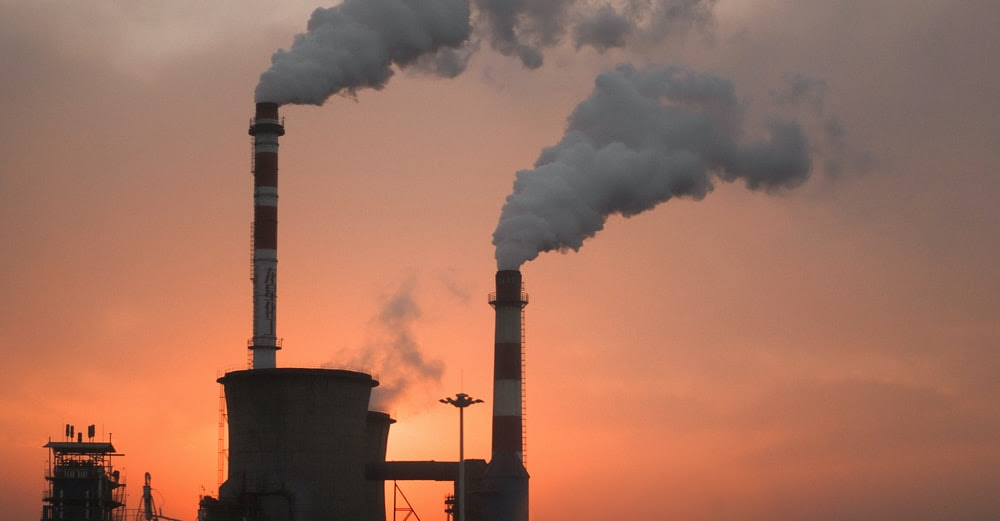It may not be making headlines in recent months, but air pollution remains a deadly hazard for many: it causes diseases such as heart disease, lung disease, lung cancer and stroke, and is estimated to cause one in nine premature deaths, or about seven million each year.
Air pollution also harms our natural environment. It decreases the oxygen supply to our oceans, makes it harder for plants to grow and contributes to climate change.
Yet despite the damage it causes, there are disturbing signs that air pollution is not considered a priority in many countries: in the first-ever assessment of air quality laws, released on September 2 by the United Nations Environment Programme (UNEP), it was revealed that about 43% of countries do not have a legal definition of air pollution, and nearly one-third have not yet adopted legally binding outdoor air quality standards.
Five types of human activities are responsible for most air pollution: agriculture, transportation, industry, waste, and households.
Agricultural and livestock processes produce methane, an extremely potent greenhouse gas and a cause of asthma and other respiratory illnesses. Methane is also a by-product of waste burning, which emits other polluting toxins that eventually enter the food chain. Meanwhile, industries release large amounts of carbon monoxide, hydrocarbons, particulate matter and chemicals.
Transportation continues to be responsible for the premature deaths of hundreds of thousands of people, despite the global phase-out of hazardous leaded fuels in late August. The step was hailed by senior U.N. officials, including the secretary-general, who said it would prevent an estimated one million premature deaths each year. However, vehicles continue to spew fine particulate matter, ozone, black carbon and nitrogen dioxide into the atmosphere; it is estimated that treating the health problems caused by air pollution costs about $1 trillion a year worldwide.
While it is not shocking to learn that these activities are harmful to health and the environment, some people may be surprised to learn that households are responsible for an estimated 4.3 million deaths each year. This is because many households burn open fires and use inefficient stoves inside their homes, spewing out toxic particles, carbon monoxide, lead and mercury.
The reason the UN is sounding the alarm on this issue now is that evidence of the effects of air pollution on humans is mounting. In recent years, exposure to air pollution has been shown to contribute to an increased risk of diabetes, dementia, impaired cognitive development and lower intelligence levels.
In addition, we have known for years that it is linked to cardiovascular and respiratory diseases.
Concern about this type of pollution goes hand in hand with increased global action to address the climate crisis: it is as much an environmental problem as it is a health problem, and actions to clean up the skies go a long way toward reducing global warming.
Other harmful effects on the environment include depleted soils and waterways, threatened freshwater sources and reduced crop yields.




Comment here